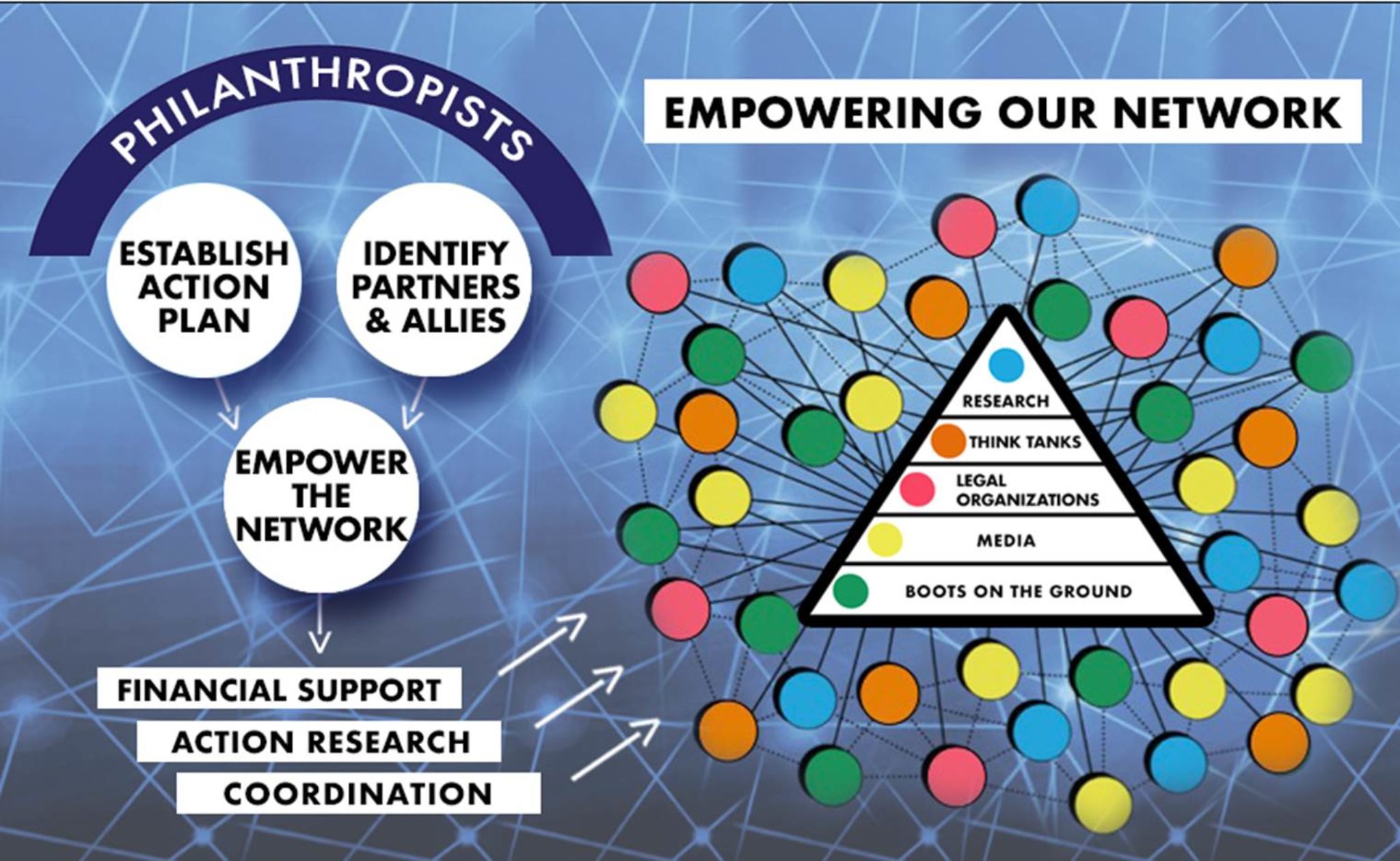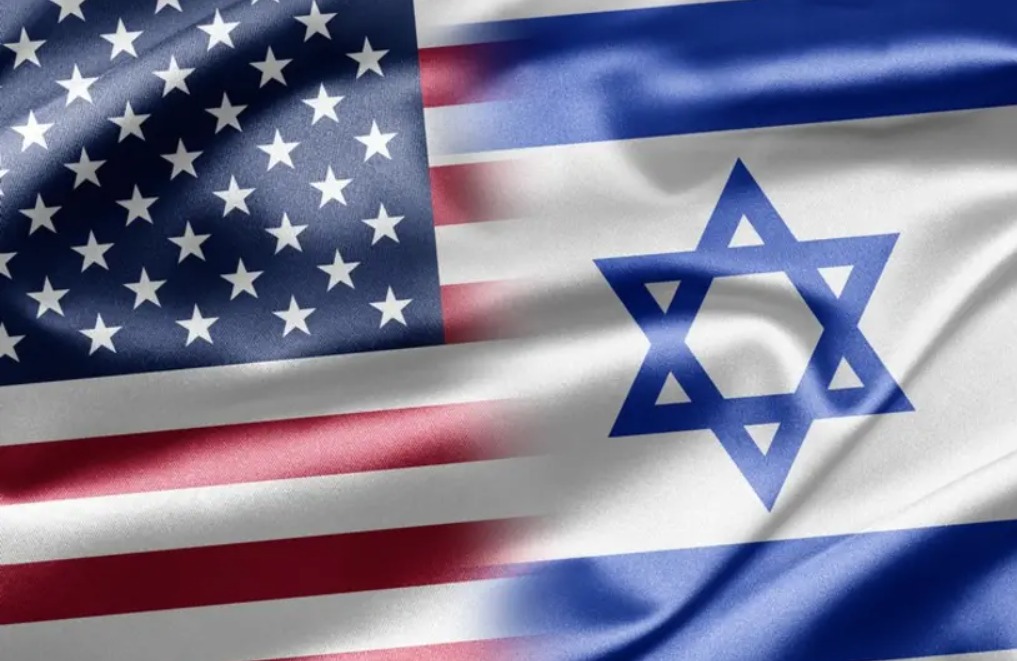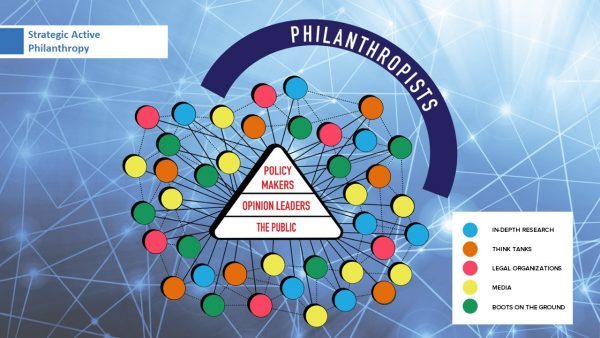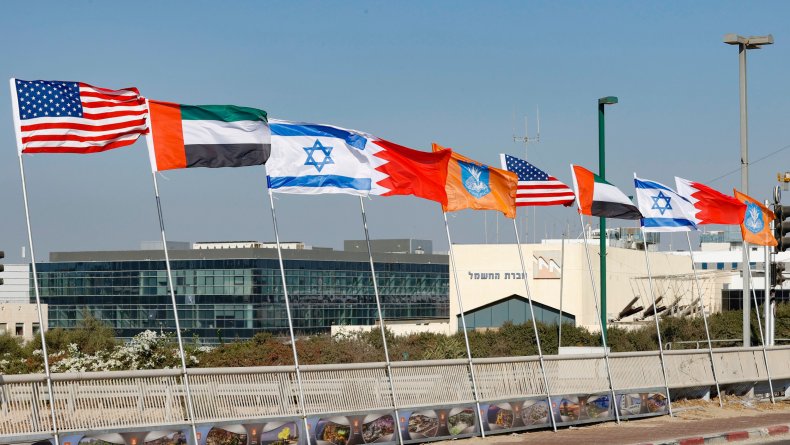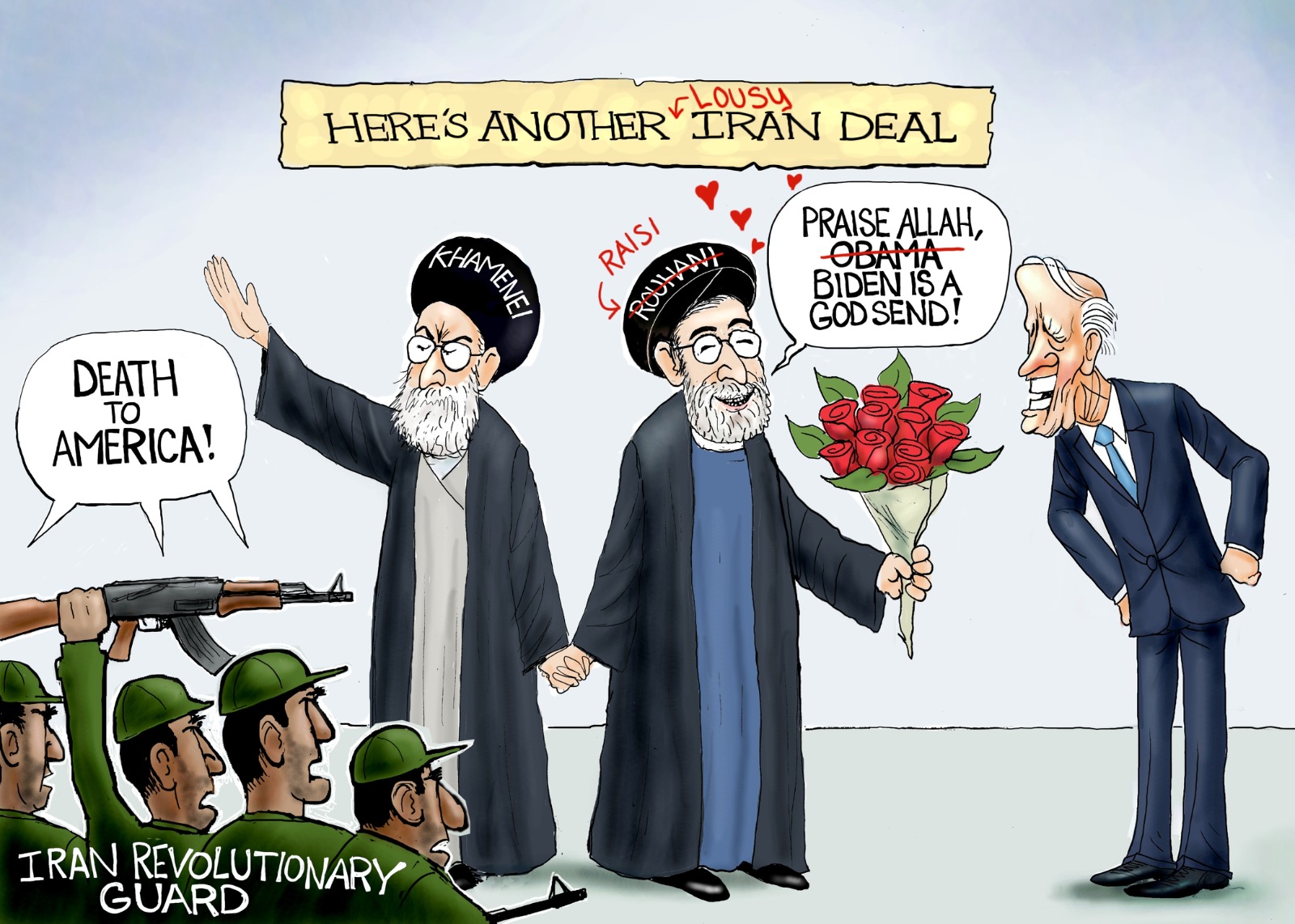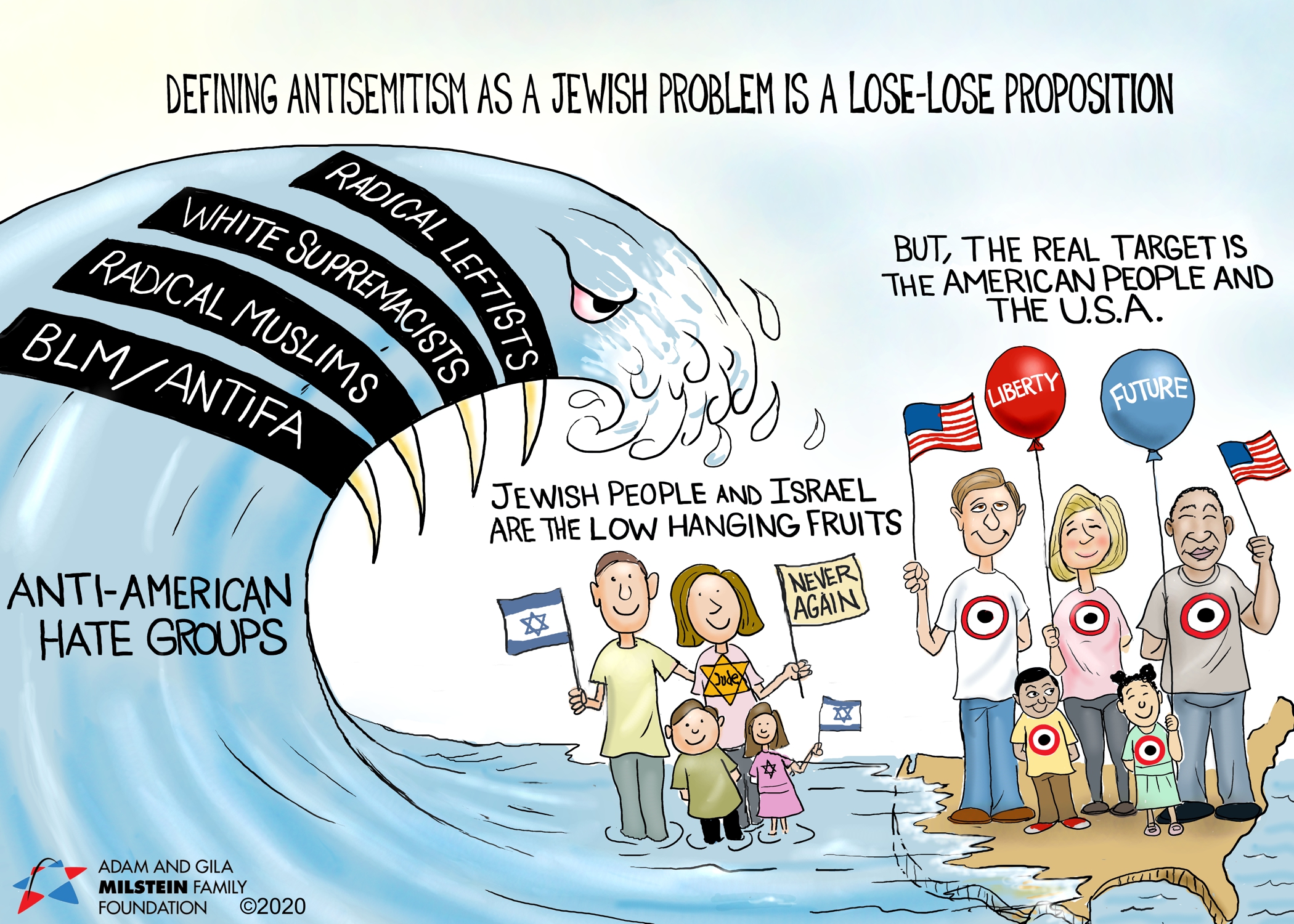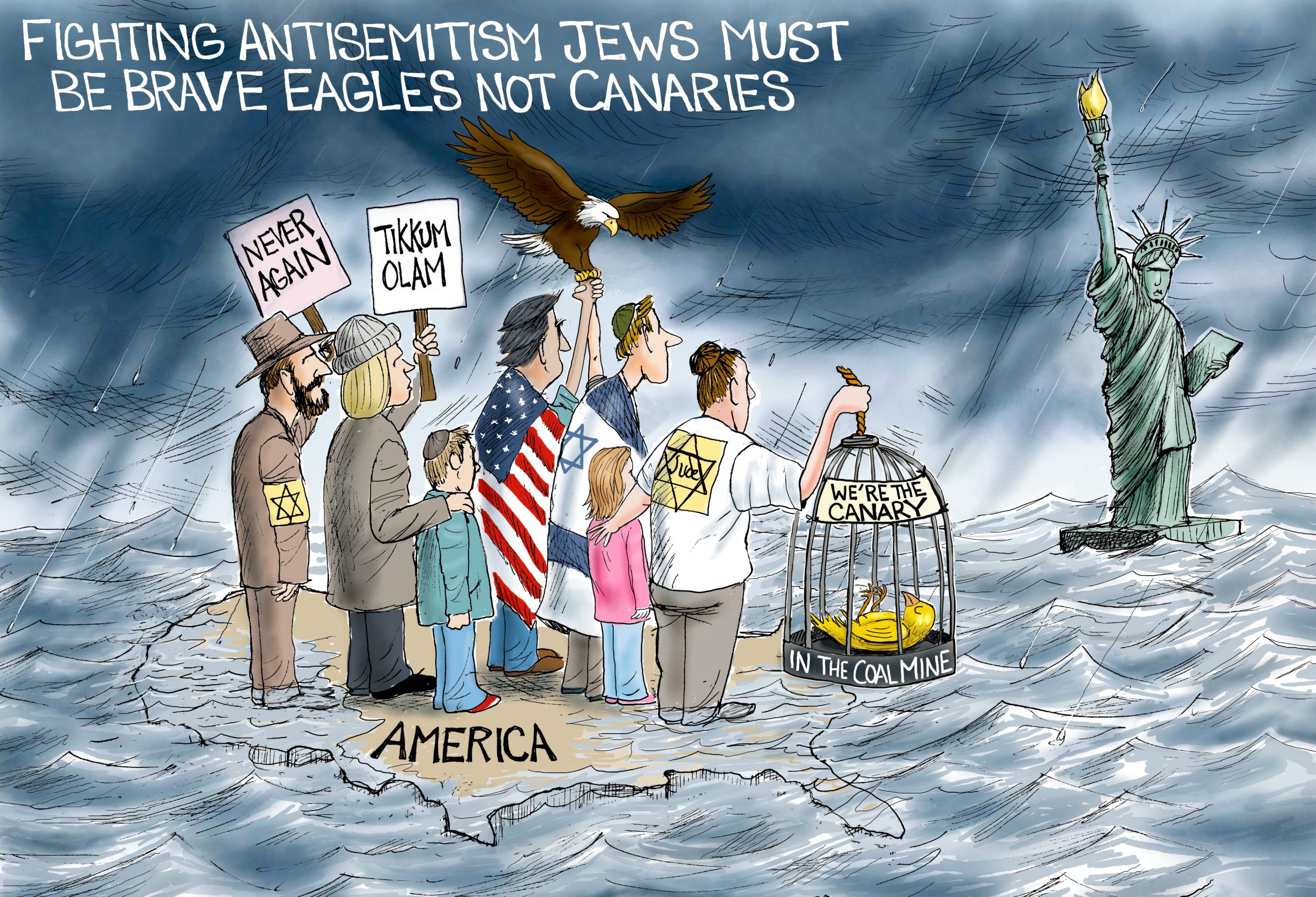This article was published in the HPP blog May 3, 2021.
By Adam Milstein
Some say that it’s more challenging to effectively donate money than to earn it. I agree. While it is a “no brainer” to choose the non-profit organizations you support based on your personal acquaintances or social affiliations, real impact can only be achieved by creating a strategic philanthropic plan and being willing to implement it.
There have been few experiences in my life more rewarding or meaningful than becoming an active philanthropist.
I arrived in America in 1981, after serving in the Israeli Defense Forces, fighting in the 1973 Yom Kippur War on the battlefields of the Suez Canal front, and attending the Technion, Israel’s Institute of Technology. I came here with my wife Gila and two daughters and worked hard to attain success in my business of investing and operating commercial real estate properties. Eventually, I became a managing partner at Hager Pacific Properties, and the firm has been blessed with great prosperity.
As my success in business grew, my philanthropic journey began. I adopted the principle of donating one tenth of my earnings. However, I quickly found out that philanthropy works the other way around. Whatever I gave, G-d found mysterious ways to reward me 10 times more.
Gila and I now have the luxury of committing ourselves nearly full-time to our philanthropic endeavors and activism. I’ve never worked harder in my life – and I’ve never felt more like there isn’t enough time to finish the job.
Over the past 20 years, we have become affiliated with dozens of new non-profits every year, discovering their unique advantages and special value propositions. We established the Milstein Family Foundation, through which we have funded hundreds of organizations.
Being involved with many organizations gives us greater leverage to amplify our impact. It allows us to facilitate synergies and collaborations between organizations, learn which groups are effective and which are not, and create connections with a vast network of people.
Through my work, I’ve come to realize that there are three main approaches to major philanthropy: “specific philanthropy,” “social club philanthropy ”and “strategic impact philanthropy.”
In specific philanthropy, donors give to better the lives of specific members of their community and issues close to their hearts. The focus is on the personal trust and connections the philanthropist has with the grantees or with the cause.
In social club philanthropy, the benefactor gives to be part of a social or a business group of other like-minded, wealthy and influential people. The moment the philanthropists exit their social club, the interest in supporting the group and its related issues dies.
Strategic impact philanthropy, which we personally practice, requires not only financial giving to a network of non-profit organizations, but also the investment of time, experience, vision and personal connections.
To make sure our philanthropy has a high return on investment, we personally help the organizations with support not only with funding, but also through providing advice based on our knowledge and experience, establishing new organizations and programs to fill voids we see, and leveraging our extensive network to help these causes and generate synergies that make every group stronger.
Gila and I have seen firsthand how strategic impact philanthropy makes a significant, nationwide impact. Not only are we are able to see the results within our lifetime, but we can also leave an enduring legacy to our children, grandchildren and community.
Nothing of lasting impact can be achieved without your own blood, sweat, and tears. We invite our fellow major donors and donors-to-be to join us in becoming strategic impact philanthropists. It may require more than just “putting your money where your mouth is,” but the return is beyond imaginable.


